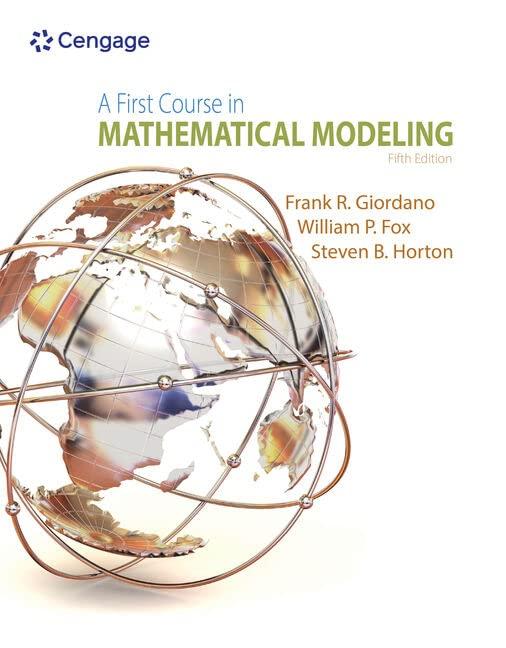Consider the steroid testing in baseball of Problem 7. Assume new data for the expanded roster has
Question:
Consider the steroid testing in baseball of Problem 7. Assume new data for the expanded roster has been collected, and our table now is as follows. Build a new decision tree and interpret the results:

Data from problem 7
Testing for Steroids in Baseball. Baseball has dramatically changed the penalties associated with failing steroid drug testing. The new penalties that Commissioner Bud Selig has proposed are an approach of ``three strikes and you're out," which goes as follows:
The first positive test would result in a 50-game suspension.
The second positive test would result in a 100-game suspension.
Finally, the third positive test would result in a lifetime suspension from Major League Baseball.
Let's examine the issue and the choices using decision trees. First, let's consider testing a baseball player for steroids; the test result will be either positive or negative. However, these tests are not flawless. Some baseball players who are steroid free test positive, and some baseball players who use steroids test negative. The former are called false positives; the latter are false negatives. We will extract data from the baseball steroid data table for our analysis. Build a conditional probability tree and use it to help compute all the probabilities associated with the following key issues:
If some players test positive, what are the chances that they were a steroid user? If some players test positive, what are the chances that they were not a steroid user? If a test was negative, what are the chances that the player was a steroid user? If a test was negative, what are the chances that the player was not a steroid user? What do these results suggest about this drug testing?

Step by Step Answer:

A First Course In Mathematical Modeling
ISBN: 9781285050904
5th Edition
Authors: Frank R. Giordano, William P. Fox, Steven B. Horton





